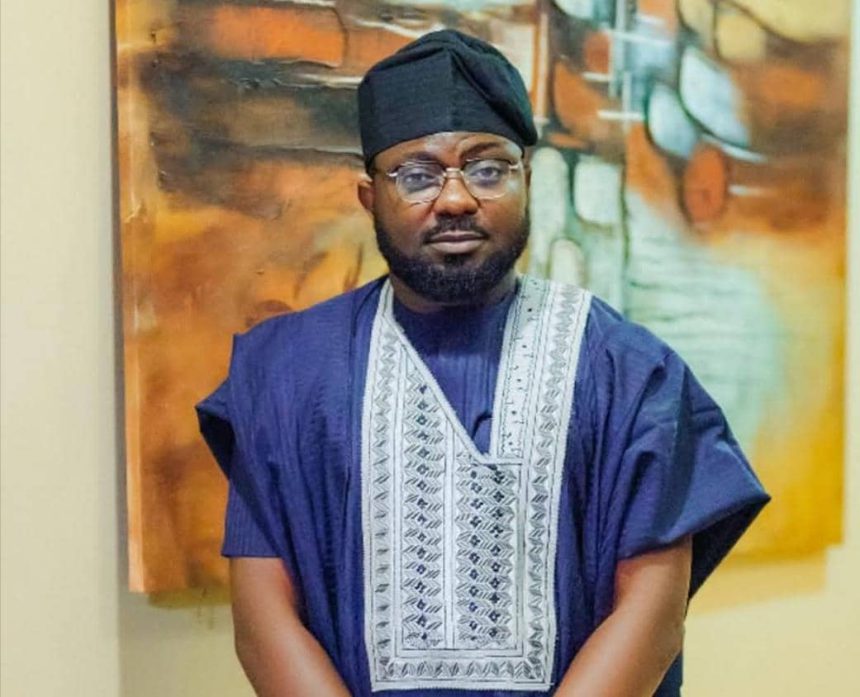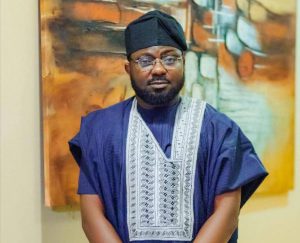Oluwayomi Owoseye of Initiatives for Social Inclusion and Grassroots Literacy (ISGIL) writes….
When the Minister of the Federal Capital Territory, Nyesom Wike, declared that “poverty is not an excuse” while threatening to demolish shanties in Abuja, his words struck a raw nerve. They revealed more than a policy stance; they exposed a troubling posture of governance, one that dismisses the lived realities of millions of Nigerians. In a country ranked among the world’s poverty hubs, such rhetoric risks turning poverty from a crisis into a crime.
Poverty Beyond Numbers
In Nigeria, poverty is not simply about a lack of money, it is about a lack of choices, dignity, and security. It is the mother forced to decide between buying food or medicine. The child hawking on the streets instead of learning in school. The family living in a shack not out of preference but because affordable housing remains out of reach.
Poverty strips people of the power to plan for tomorrow because surviving today is already a battle. To dismiss it as “not an excuse” is to trivialize the daily struggles of millions whose lives are shaped not by laziness, but by systemic failure: broken policies, joblessness, poor healthcare, underfunded schools, and widening inequality.
The statistics are sobering. The National Bureau of Statistics reports that 63% of Nigerians are multidimensionally poor, deprived across housing, education, health, and sanitation. The World Bank adds that 40% live below the national poverty line, with over 100 million surviving on less than $2.15 a day. In rural areas, three out of every four people are poor, and even in cities nearly half of residents remain trapped in deprivation. These figures represent not abstractions, but real people weighed down by despair.
Leadership in Denial
In countries facing such staggering numbers, poverty often triggers urgent action: stronger safety nets, subsidized housing, universal healthcare, and large-scale education reforms. Nigeria, to its credit, has rolled out social investment programs, cash transfers, school feeding, N-Power youth employment, and trader support schemes.
But in practice, these lifelines are riddled with flaws. Beneficiary registers are inconsistent, leaving the truly poor invisible. Data gaps enable ghost recipients. Elite hijack means politicians and middlemen often benefit more than those in need. Billions are spent, yet poverty deepens.
The result is a dangerous paradox: Nigeria invests in poverty alleviation, but the poor remain excluded. Instead of fixing these structural gaps, leaders resort to punitive rhetoric. Demolishing informal settlements without offering alternatives is not governance, it is the criminalization of poverty.
Poverty Is Not a Crime
Those living in shanties and slums are not criminals. They are citizens, market women, artisans, migrants, and unemployed youths, whose conditions reflect decades of economic mismanagement and neglected social planning. They are poor not by choice, but because the state has failed to provide affordable housing, decent jobs, or quality education.
Yet, too often, government responses worsen their plight. Evictions and demolitions, carried out under the guise of “urban renewal,” strip people of dignity and push them deeper into despair. Governance should be about building lives, not tearing them down.
To criminalize poverty is to deny its true nature. Poverty is not a personal failing; it is the outcome of systemic exclusion. It is a humanitarian crisis and increasingly, a national security threat. Ignored and abandoned, the poor are left to fend for themselves, fueling cycles of unrest and displacement.
The Way Forward
Nigeria’s poverty crisis is not insurmountable. What it demands is political will and people-centered reforms:
Strengthen Social Protection Systems: Expand cash transfers, nutrition support, and healthcare subsidies that cushion households from shocks.
Invest in Inclusive Urban Planning: Upgrade slums with water, sanitation, electricity, and affordable housing instead of demolishing them.
Prioritize Education and Literacy: Guarantee every child access to quality schooling while empowering adults through grassroots literacy.
Stimulate Job Creation: Channel investments into agriculture, manufacturing, and small businesses that directly benefit low-income households.
Ensure Accountability: Fight corruption, fix targeting systems, and make social investment programs truly reach the poor.
ISGIL’s Perspective
At the Initiatives for Social Inclusion and Grassroots Literacy (ISGIL), we see poverty not merely as lack of income but as exclusion from opportunity. Our work is rooted in bridging this exclusion, through grassroots literacy, advocacy, and programs that give the poor a voice in shaping their future.
Bulldozers and threats cannot solve poverty. Only investment in people, education, and opportunities can. Nigeria must embrace this truth, not only as policy but as a moral imperative.
Final Word
Poverty is not an excuse, it is a national emergency. Leaders who trivialize it fail to understand its human cost. The true test of governance is not in punishing the poor but in building pathways out of poverty. History will not remember kindly a government that demolishes homes but fails to build futures.
About the Writer
Owoseye Oluwayomi is an education and development expert. He holds a Diploma in Mass Communication and Journalism, a B.Sc. in Educational Technology, and an M.Ed. in Educational Technology.
He heads Training and Research at ZAN Multi Concept and serves as Head of Community Engagement on Education at ZETSI Africa.
He is founder of ISGIL and has contributed to major national projects, including research on Nigeria’s Social Investment Program, telecommunications regulation, and agricultural development.
Correspondence: yomiowoseye@gmail.com
+2347064734026 | +2347054800038











